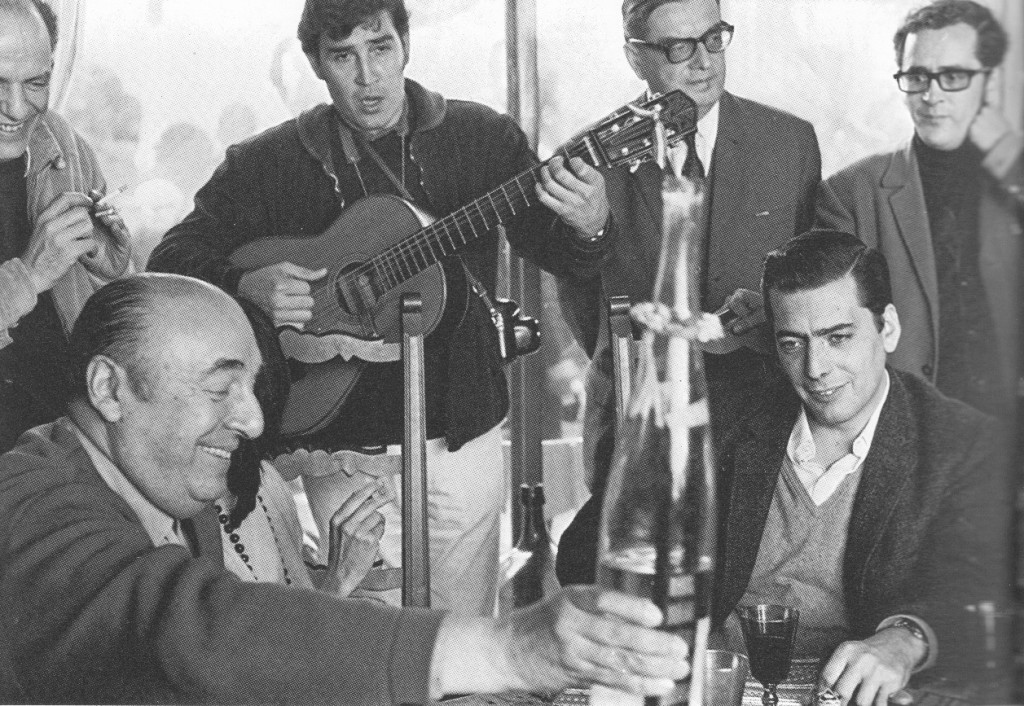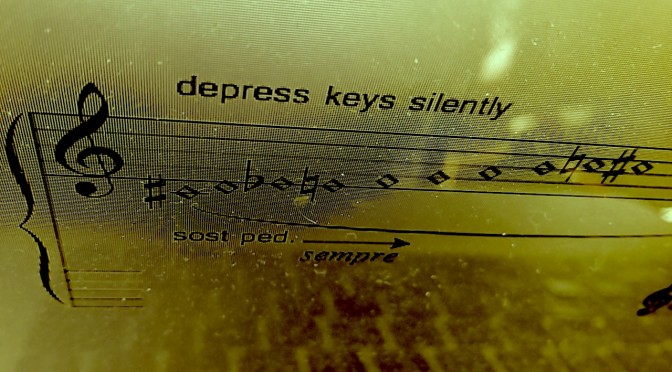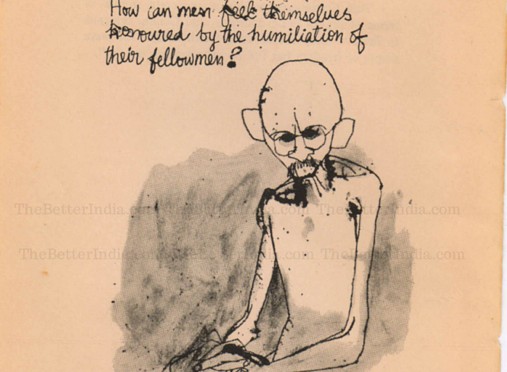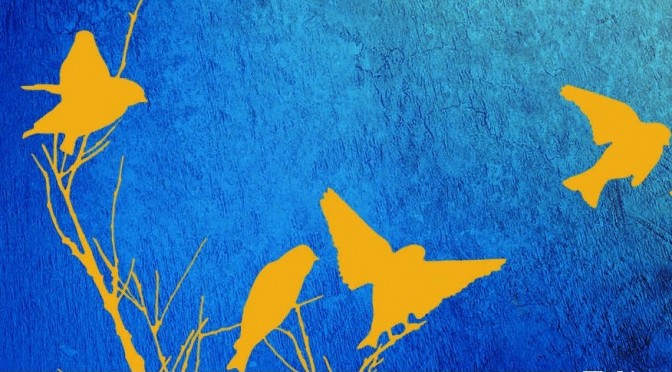by Alan Read, Professor of Theatre; Lizzie Eger, Reader Emerita in Eighteenth-Century Literature; Rowan Boyson, Senior Lecturer in Eighteenth-Century Literature; Josh Davies, Lecturer in Medieval Literature; Clare Lees, Professor of Medieval Literature and History of the Language; and Ruth Padel, Poetry Fellow
Six members of the English Department reflect on three events which took place on a single day. The day was Tuesday 10 May 2016. But, as Alan Read suggests, the date itself is of little importance. The variety of connections and conversations remembered below is typical of what might be experienced, should a curious mind find themselves in College with an hour or two spare, a ready ear, and the patience to pinpoint the precious gems among the ineluctable events emails that come with an @kcl.ac.uk email address.

Diagonal Science
On days like this you might imagine you are in a University as it was always intended. Drifting between critical conversations, discussions, presentations, performances, poetry readings and parties, across all levels of the King’s Strand campus, the orthodoxies of subjects fall away, the expectations of expertise are confounded, the surprising connections rather than disciplinary distinctions prevail.
The early nineteenth century architecture of Robert Smirke, a distinguished architect with a somewhat unfortunate name, shimmers where it once stood solid, glimmers with the fireflies of thought and expression dancing across its static surfaces, a disorder of things you could say. Of course, the privilege to wander in this way might be rare, for students and staff alike, deadlines and demands still call. But when a college of colleagues and communities works like this the French Surrealist Roger Caillois would recognise it as a flaring of ‘Diagonal Science’.





